'Modelling a Good Relationship'
serenity_now_2007
15 years ago
Related Stories
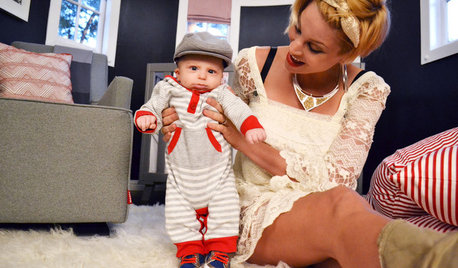
KIDS’ SPACESStep Right Up to a Top Model’s Circus-Inspired Nursery
Based on the big top and set in a real castle’s turret, this nursery could be the setting for a storybook
Full Story
SMALL HOMESMaking Room: Discover New Models for Tiny NYC Apartments
Explore a New York exhibition of small-space design proposals that rethink current ideas about housing
Full Story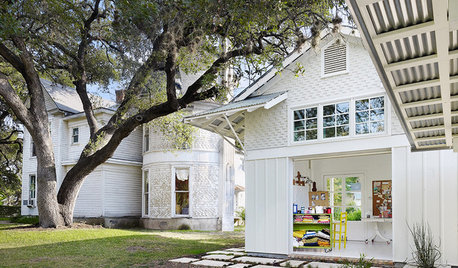
STUDIOS AND WORKSHOPSGet Ideas for a Model-of-Perfection Artist's Studio
From covetable northern light to ample supply storage, an architect considers what makes an artist's studio idyllic
Full Story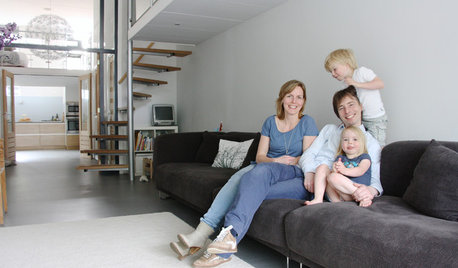
REMODELING GUIDESHow to Protect (Even Enhance!) Your Relationship While Renovating
No home improvement project is worth a broken heart. Keep your togetherness during a remodel with this wise advice
Full Story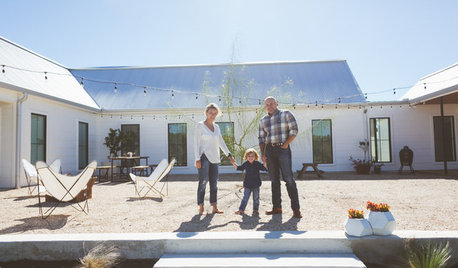
REMODELING GUIDESHow to Remodel Your Relationship While Remodeling Your Home
A new Houzz survey shows how couples cope with stress and make tough choices during building and decorating projects
Full Story
WORKING WITH AN INTERIOR DESIGNER5 Qualities of a Happy Designer-Client Relationship
Cultivate trust, flexibility and more during a design project, and it could be the beginning of a beautiful alliance
Full Story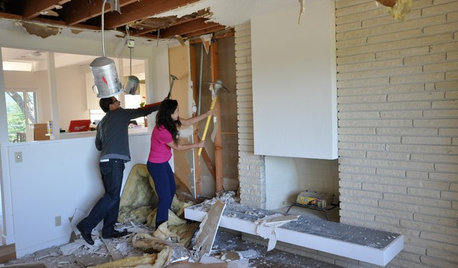
REMODELING GUIDESWisdom to Help Your Relationship Survive a Remodel
Spend less time patching up partnerships and more time spackling and sanding with this insight from a Houzz remodeling survey
Full Story
VALENTINE’S DAY5 Relationship Problems Solved by Design
Everyday issues driving you and your special someone apart? These design solutions can help mend your together time
Full Story
LANDSCAPE DESIGNGood Fences, Good Neighbors — and Good Views
See-through vertical fencing connects a yard with its surroundings while keeping children and pets safely inside
Full Story
DECORATING GUIDESGet the Look: 'Scandal' Style for a Sensationally Chic Home
Model a room after the compelling TV show for all the visual drama with none of the conflicts
Full StorySponsored
More Discussions



doodleboo
finedreams
Related Discussions
Wolf 36" Range Floor Model --- Is this is good price?
Q
Love/Hate Relationship with the paneling
Q
Are the Holidays a Good Time for Mending Relationships
Q
Looooong Story: Relationship Advice
Q
quirk
Ashley
serenity_now_2007Original Author
catlettuce